Organizing Committee LACA 2024
This year, the organizing Committee LACA 2024 members are:
Osvaldo Eric Ramírez Bravo (SCB-LACA / BUAP)
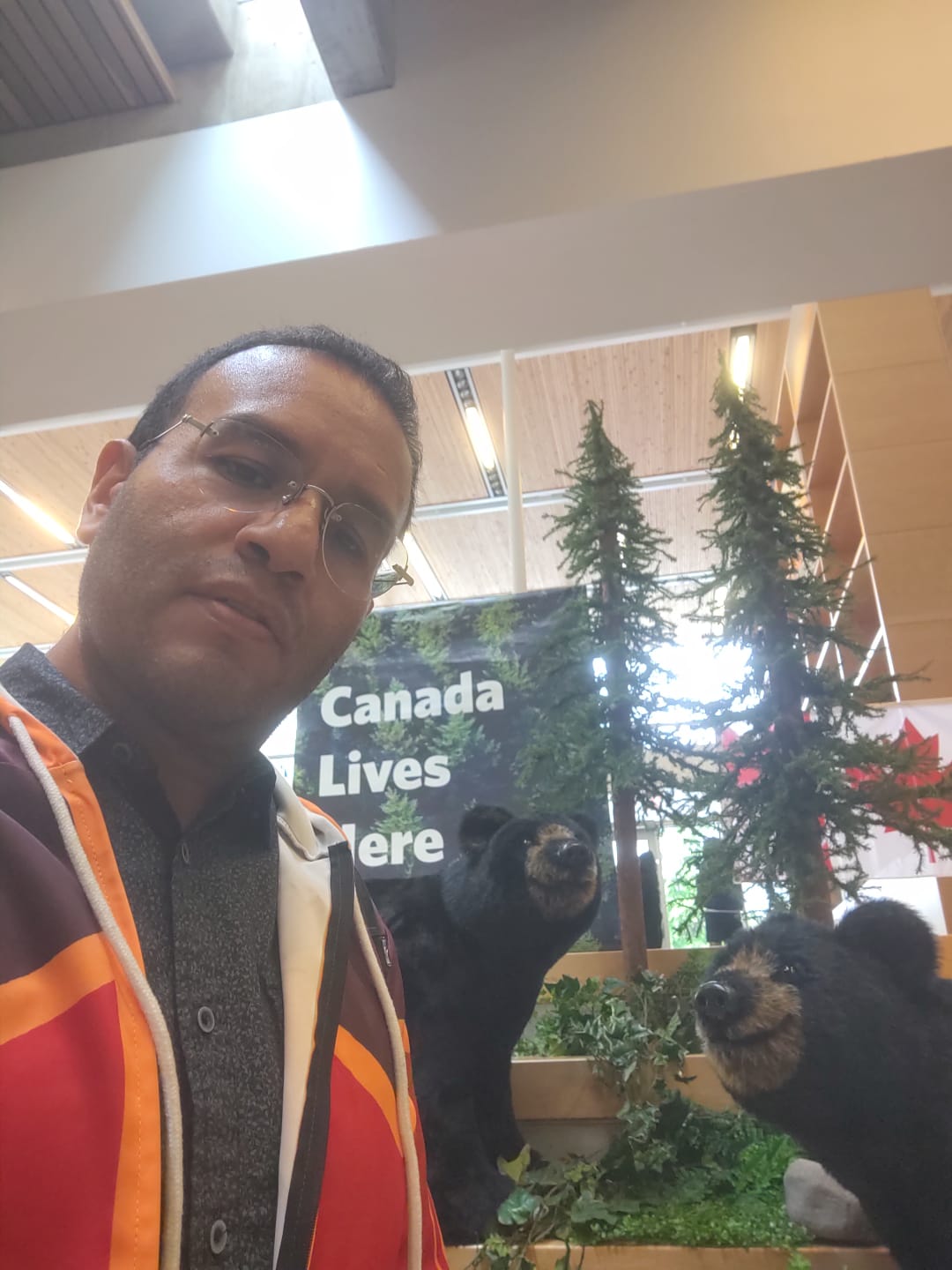 .
.
Research Professor at the Center for Agroecology at the Benemérita Universidad Autónoma de Puebla. His work focuses on biodiversity conservation, integrating both biological and social aspects. He has experience in citizen science, conservation marketing, illegal trafficking, and environmental education. He has been a member of the Society for Conservation Biology (SCB) since 2005 and has held various leadership positions within the Latin America and Caribbean Chapter (SCB-LACA) since 2017.
Estefanía Sánchez Flores (SCB-LACA)
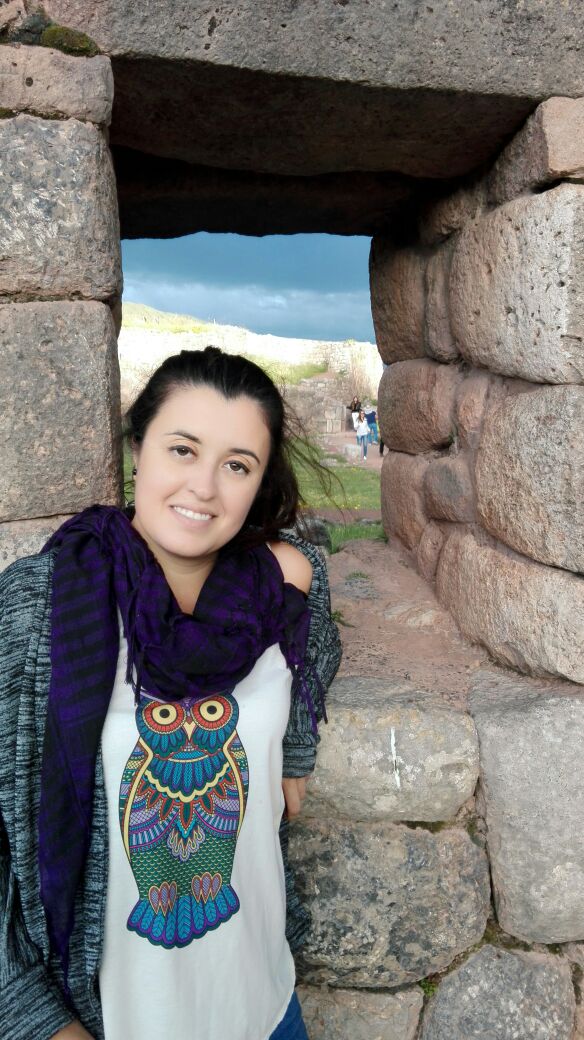
Environmental Engineer from the Universidad de las Americas-Ecuador (2010), with a Master of Science (M.Sc.) in Conservation Biology from the Pontificia Universidad Católica del Ecuador (2016). She is currently pursuing a PhD in Natural Resources and Sustainable Management at the Universidad de Córdoba, Spain, and is a WWF Russell E. Train Education for Nature (EFN) Fellow. Since 2014, her research has focused on conservation and environmental education, utilizing art as an educational and awareness-raising tool. She is a Director of Education for SCB-LACA and is President of ¨Corporación Yemanyá- Agua y Conservación¨.
Amalia Bravo (SCB-LACA)
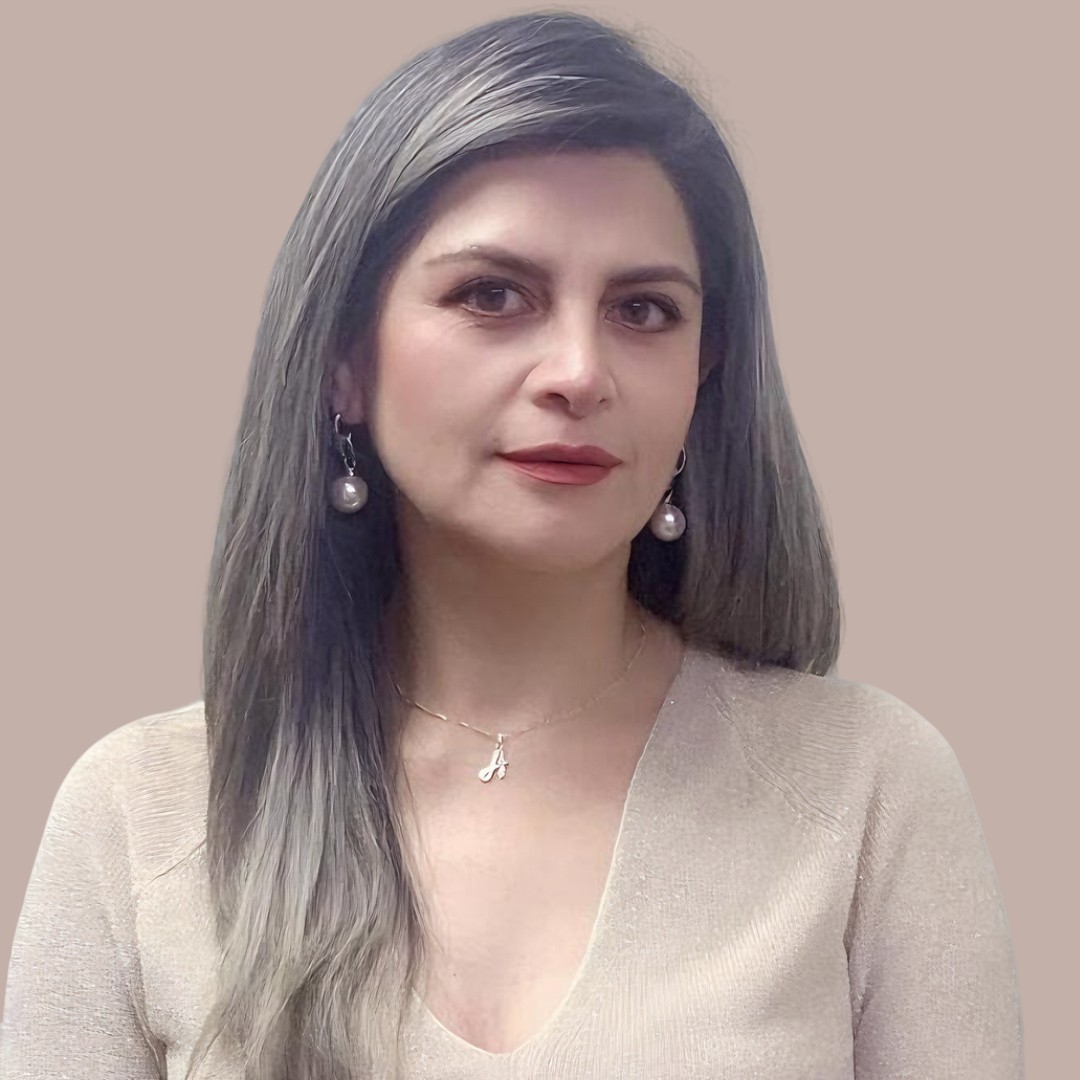
Bachelor’s degree in business administration, with a Master's degree in Business Management and Social Intervention. She has experience in institutional development, project management, international relations, inter-institutional coordination, and strategic planning. She is currently a member of SCB-LACA.
María F. Checa (PUCE)
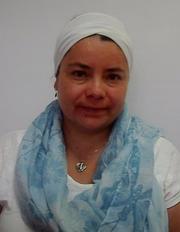
PhD specializing in Conservation and Tropical Development and a Master of Science (M.Sc.) from the University of Florida, USA, where she also completed a Master’s degree in Sustainable Development. She is the coordinator of the Master’s program in Sustainability and Conservation Planning at the Pontificia Universidad Católica del Ecuador and a professor in the Department of Biology at the same university. Additionally, she is an associate researcher at the Florida Museum of Natural History, USA. Her work focuses on biodiversity conservation, sustainability, and conservation planning. She has published numerous scientific and outreach articles as well as two books.
Andres Merino (PUCE)
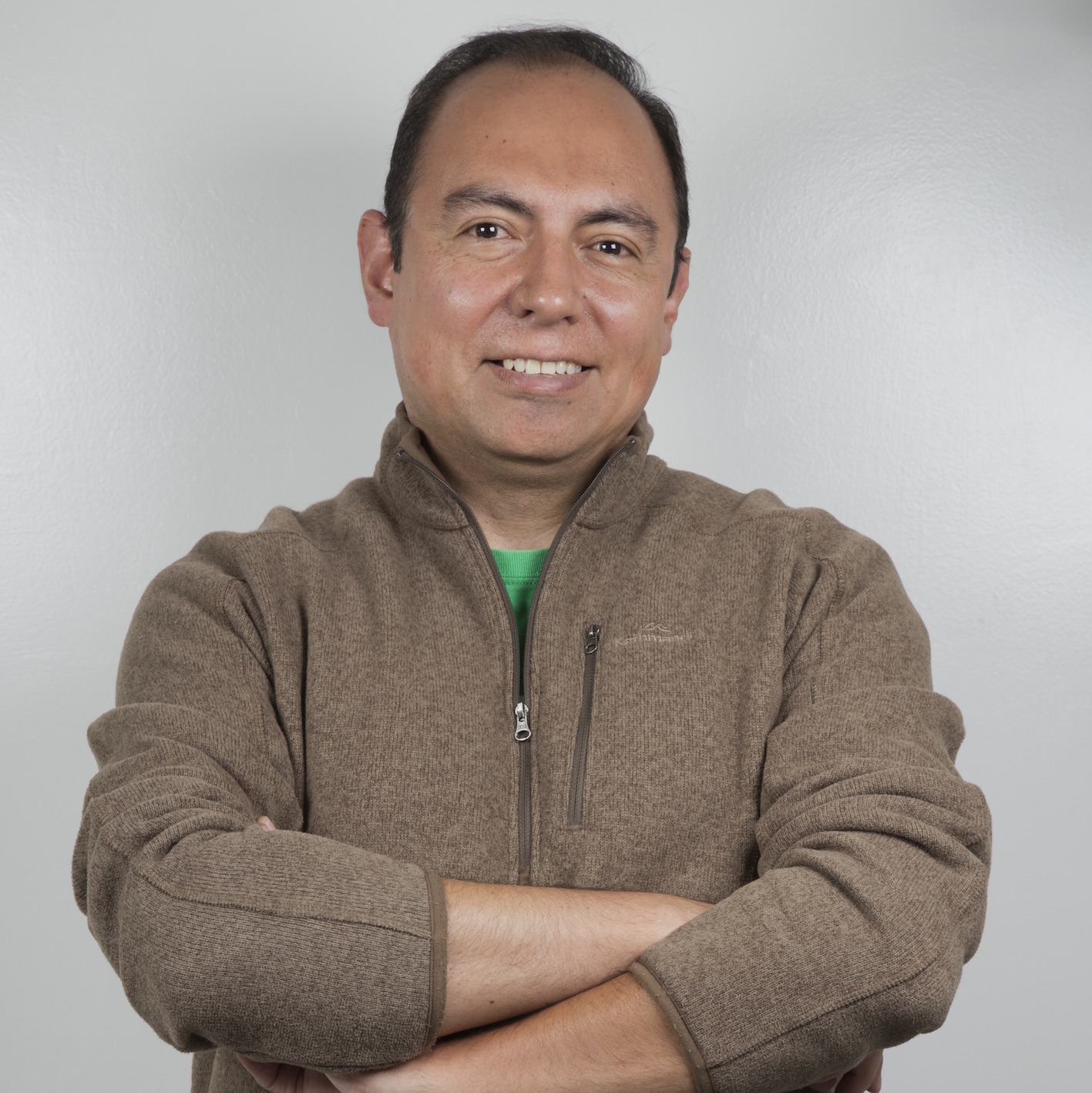
Professor and full-time researcher at the School of Biological Sciences of the Pontificia Universidad Católica del Ecuador (PUCE) since 2010. His work has focused on the issues of extinction and population decline of amphibians in the Andean regions of Ecuador. He is the director and co-creator of the Threatened Amphibian Conservation Initiative "Balsa de los Sapos" and the Eco-Physiology Laboratory at PUCE. He holds a Bachelor’s degree in Biological Sciences from PUCE and a PhD from James Cook University in Australia, where he studied the potential physiological impacts of climate change on endemic amphibians in the tropical rainforest mountains of northeastern Australia.
Camila Montesdeoca (PUCE)
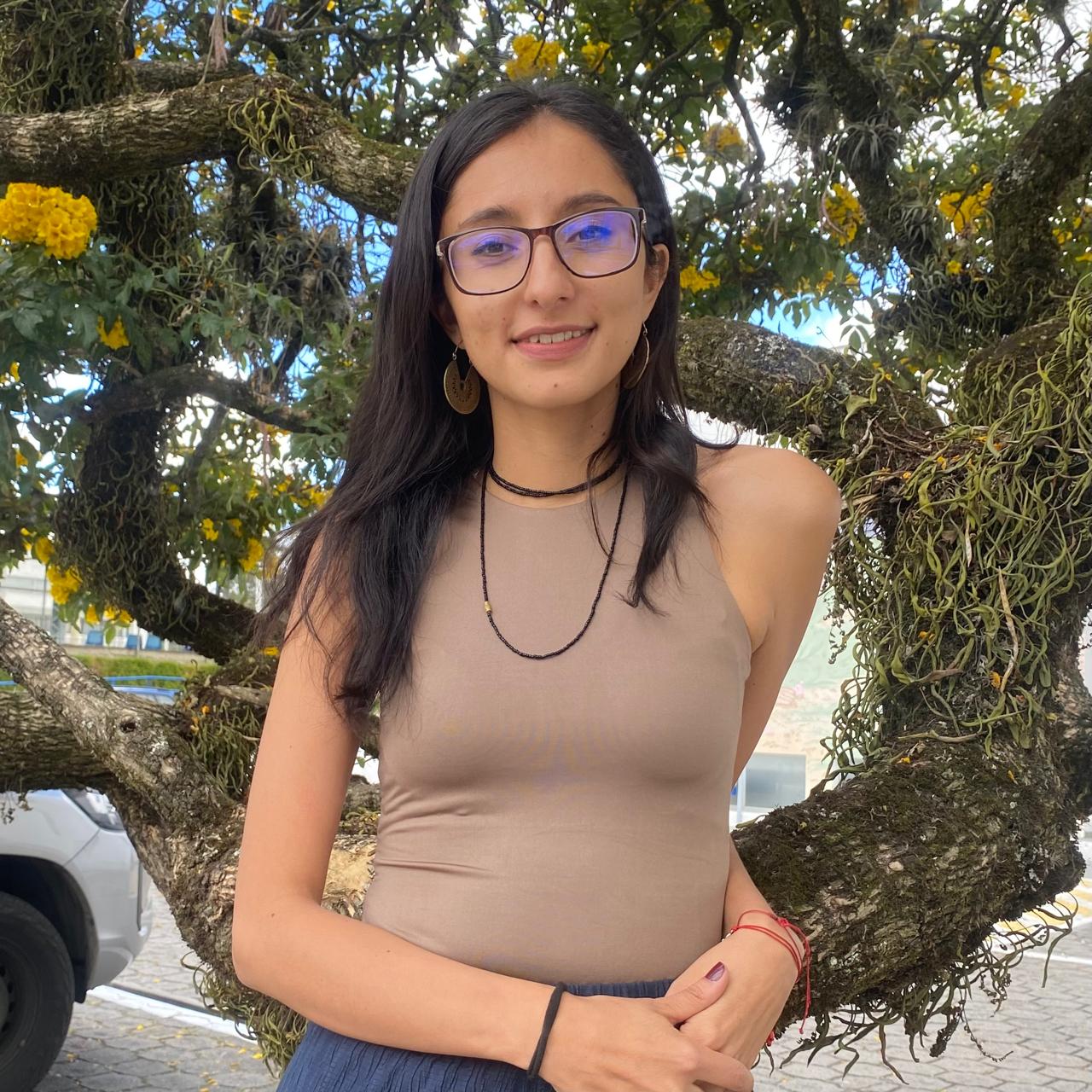
Biologist with a Master's degree in Sustainability and Conservation Planning from the Pontifical Catholic University of Ecuador (PUCE). She has led ecological restoration projects and worked in environmental education and biodiversity conservation, collaborating with local communities and international organizations. Her experience includes project management and research. She is currently working on the project "Biodiversity Monitoring Program and Technical Training for Maate Park Rangers in the Ecuadorian Amazon".
Alejandra Robledo (ECOLAP/USFQ)
.jpg)
Graduated in Tourism Operations from the Universidad San Francisco de Quito, with a specialization in Project Management. She is currently the Administrative Coordinator at the Institute of Applied Ecology (ECOLAP), where she has been working since 2010. Her experience in conservation, protected areas, and community work dates to 2000, with a focus on the Galápagos and other marine-coastal areas of Ecuador. She has extensive experience in project management, logistics, and administration, as well as in organizing events, workshops, and academic field trips.
Tarsicio Granizo (WWF-Ecuador)
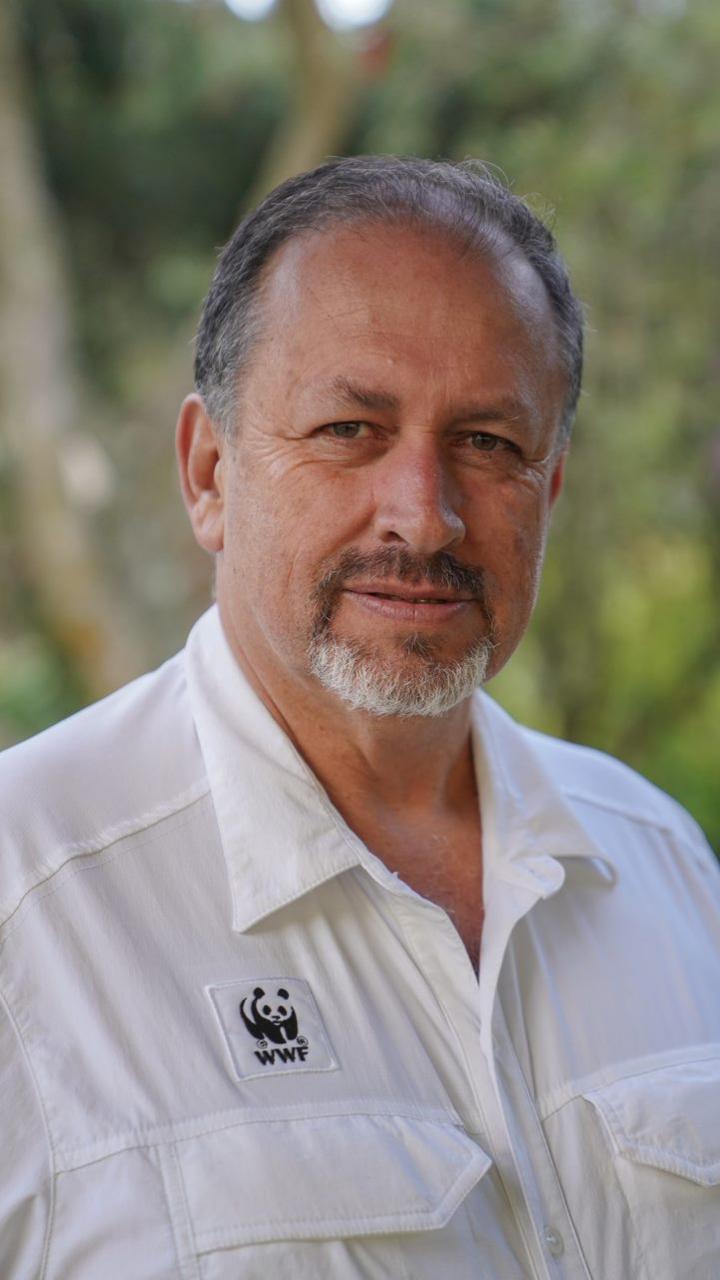
Ecuadorian biologist, he has worked in environmental conservation in governmental and non-governmental organizations in Ecuador and other Latin American countries for more than 40 years. He is currently director of WWF (World Wildlife Fund) in Ecuador. He was Minister of Environment of Ecuador from May 2017 to August 2018. He is the author and co-author of scientific and dissemination publications.
Roberto Ulloa (CI-Ecuador)
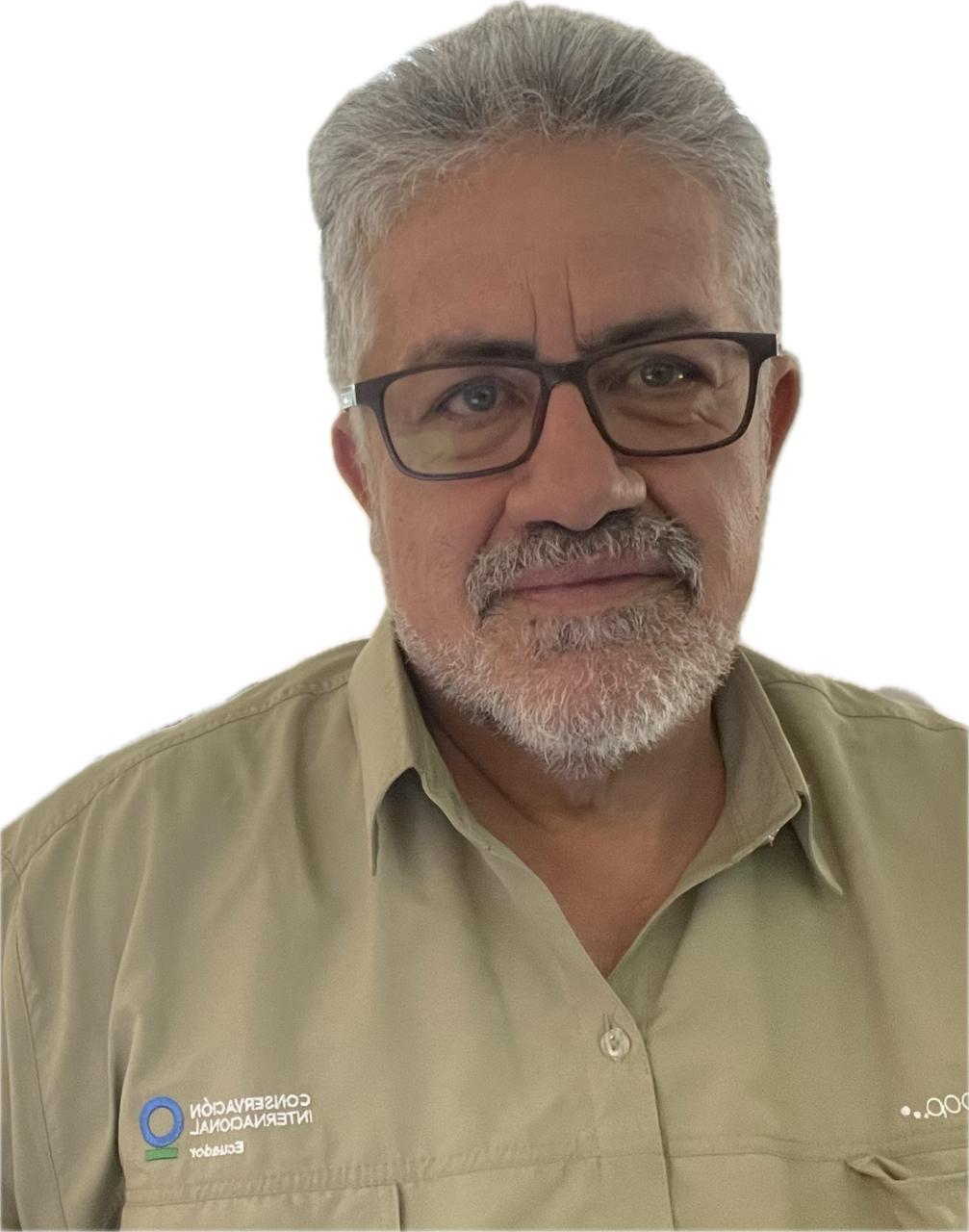
He is a biologist from the Pontifical Catholic University of Ecuador with postgraduate studies in Conservation Biology at Ohio State University, USA, and diplomas in biodiversity planning and protected area management in Panama, Ecuador, and Bolivia. Since 2009, he has served as Technical Director at Conservation International Ecuador and, since 2021, as honorary President of the IUCN Green List Expert Group – Ecuador. With over 34 years of experience, Ulloa specializes in in situ biodiversity conservation, focusing on the creation, management, and monitoring of wild areas under different governance models. His expertise includes natural resource management, evaluation of management effectiveness, sustainable financing, and policy advising in conservation. He has led efforts in capacity building, project design, management, and evaluation. Ulloa has also held the position of National Director of Biodiversity and Protected Areas at both INEFAN and the Ministry of the Environment of Ecuador, and he has provided technical advice to the German Technical Cooperation (GIZ) in Bolivia.
Yolanda Cháve (CI-Ecuador)
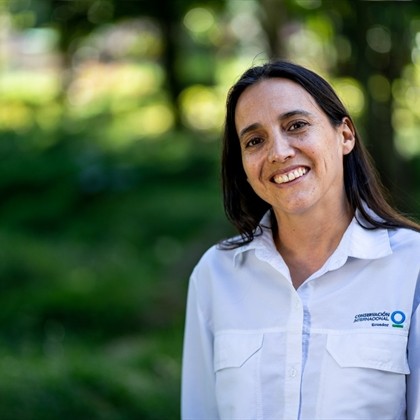
She is a biologist by profession, earned her degree at the Pontifical Catholic University of Ecuador, with research primarily focused on ecology, behavior, evolution, and developmental biology in marine invertebrates. She completed her postgraduate studies in Conservation Science at the University of Queensland in Australia, where her research focused on analyzing the effects of climate change on marine invertebrate communities in the Great Barrier Reef. She has worked for several years in academia at universities such as PUCE and UPSE, supervising theses and leading research projects as a principal and associate investigator, in collaboration with foreign universities. With over 15 years of experience in conservation projects with Indigenous Peoples and Local Communities (IPLCs) and environmental studies, her expertise lies in the direction, design, monitoring, and evaluation of projects and programs for national and international conservation organizations in various regions of the country. She was Project and Sustainability Manager at Wildlife Conservation Society (WCS) for several years and is currently the Monitoring and Evaluation Manager for the Amazon Program at Conservation International.
Mayra Romero (WCS-Ecuador)
Sub-Committees
1. Scientific Committee:
This committee is responsible for developing and planning the scientific program for the congress, plans and coordinates the keynote speakers, debates, topics, etc. In addition, it coordinates and organizes the review of the different proposals.
In charge: Estefanía Sánchez Flores (SCB-LACA).
Susana Cárdenas (USFQ)
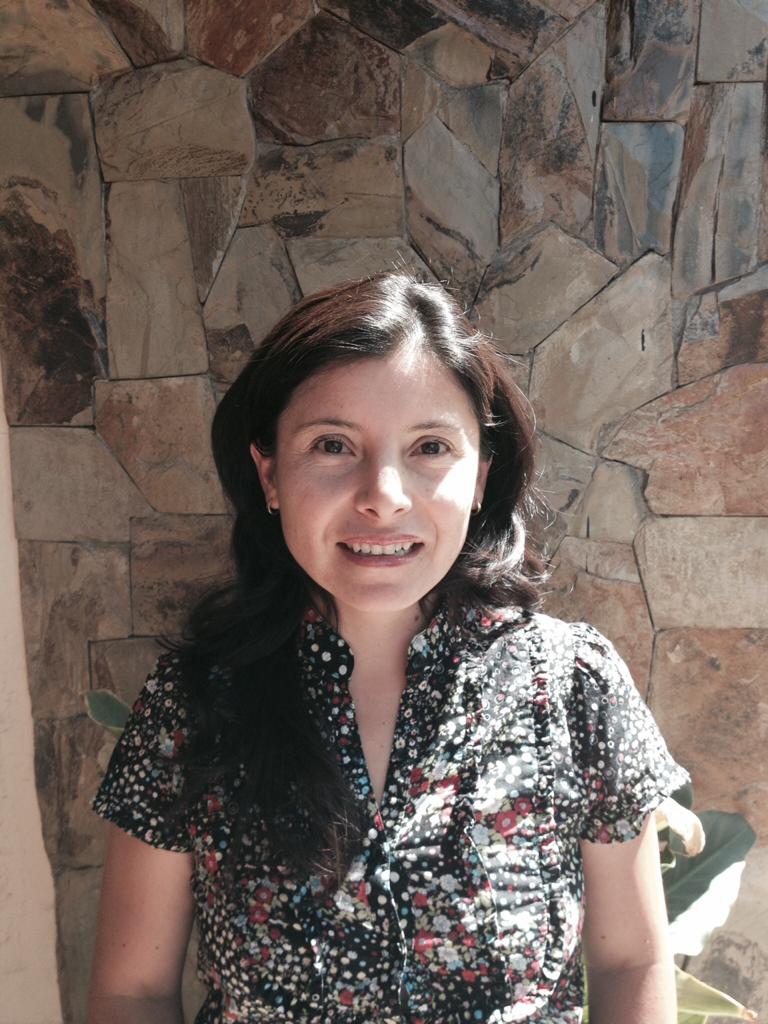
Ph.D. in Ecology and a Master’s degree in Natural Resource Economics from the University of California (United States). She is the Director of the Institute of Applied Ecology at Universidad San Francisco de Quito (Ecuador), where she also serves as a full-time professor and researcher. Her long-term research goal is to integrate ecological, socioeconomic, and environmental policy issues for the sustainable management of resources and conservation. Her work focuses on the economics of tourism, visitor management methodologies, and biodiversity monitoring in island ecosystems and protected areas, blue economy, and financial mechanisms for marine conservation. She has developed her research lines for over 15 years in the Galapagos Islands. One of her projects included research and analysis that informed the decision of the Government of Ecuador to create the Hermandad Marine Reserve, adjacent to the Galapagos Marine Reserve.
Carlos Francisco Carpio Coba (ESPOCH)
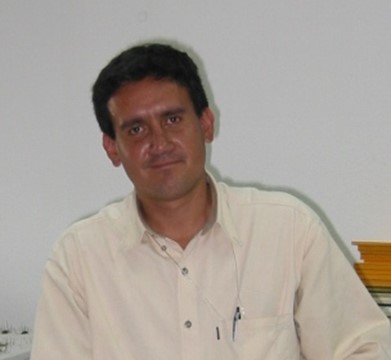
H. Mauricio Ortega-Andrade (IKIAM)
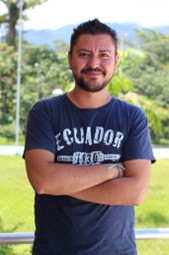
Ph.D. in Sciences with a specialization in Evolutionary Biology and Biodiversity from the Instituto de Ecología, A.C. of Mexico. Over the past 10 years, his research has focused on three areas: 1) the impact of climate change and habitat loss on the distribution of threatened species and ecosystems; 2) taxonomy, systematics, biogeography, evolution, and conservation of biodiversity in the Neotropics, using direct-developing frogs (Terrarana: Pristimantis) as a model system; and 3) the impact of invasive species on biodiversity, directly or indirectly related to society, fragile ecosystems, and productivity. He has taught courses on evolution, biogeography, ecological niche modeling, amphibian conservation, project design, phylogenetics, environmental DNA for aquatic ecosystem biomonitoring, and herpetology. He coordinates the Biogeography and Spatial Ecology Research Group (BioGeoE2) and the Integrative Biology Laboratory at the Universidad Regional Amazónica (IKIAM).
Ernesto Rodríguez (UCE)
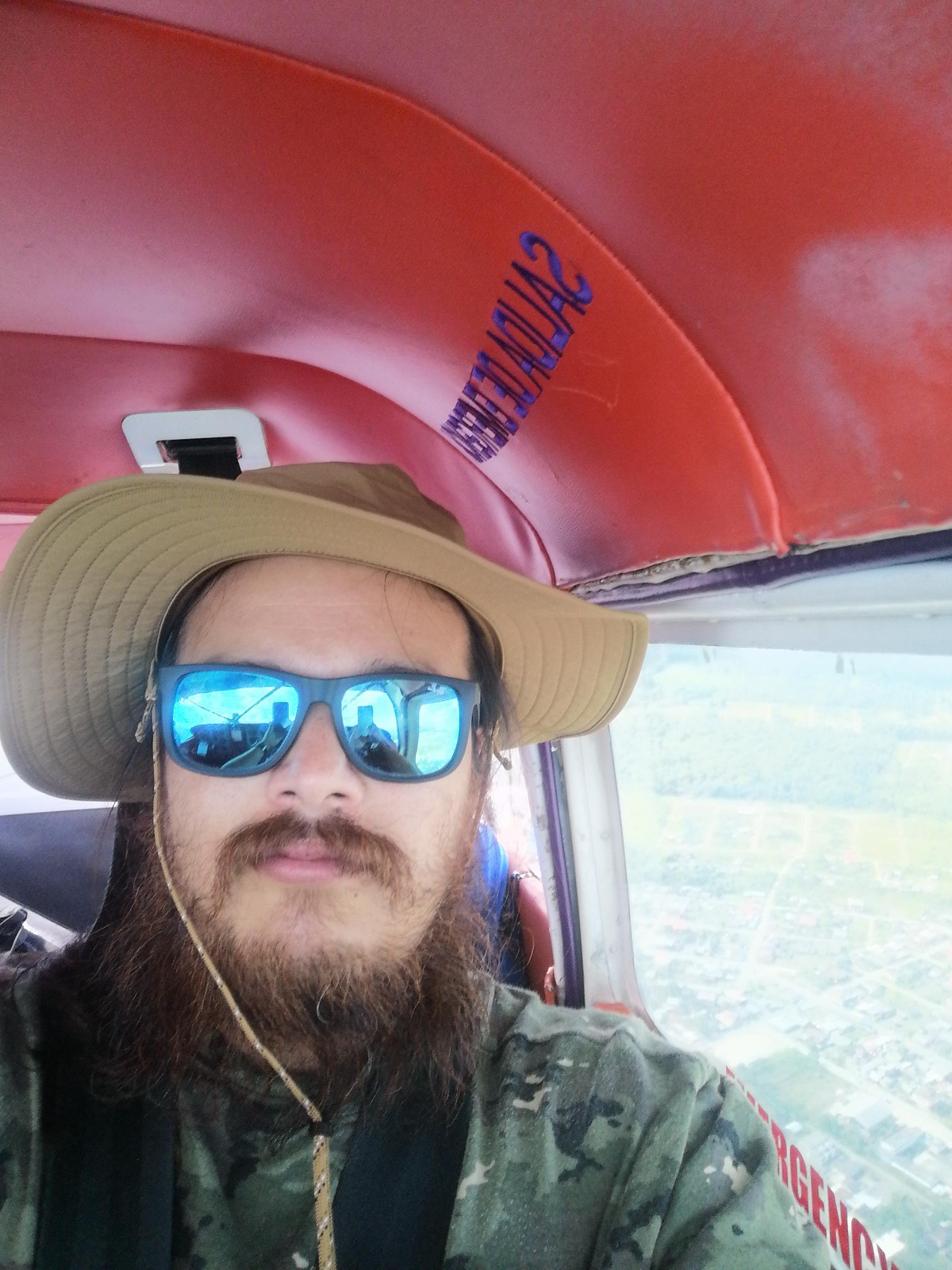
Marine Biologist from the Pontificia Universidad Católica del Ecuador-Manabí. He studies at Szent István University in Hungary, obtaining an MSc. in Wildlife Conservation and Natural Resources Management. He is currently pursuing a Ph.D. in Natural Resources and Sustainable Management at the Universidad de Córdoba, Spain, and is a WWF Russell E. Train Education for Nature (EFN) Fellow. He is an Associate Researcher at the Instituto de Estudios Amazónicos e Insulares and the Juri Juri Kawsay Amazonian Scientific Station of the Universidad Central del Ecuador (UCE), also is a member of the amphibian and reptile monitoring network of the Pastaza River basin. He currently teaches in the Universidad Central del Ecuador. His research interests focus on ecological networks, freshwater fish diversity in the Neotropics, use of biological indicators, and new strategies for the conservation of wild populations in South America, and understand large-scale fragmentation processes in Amazonian ecosystems.
Paulina Aguirre (UTPL)
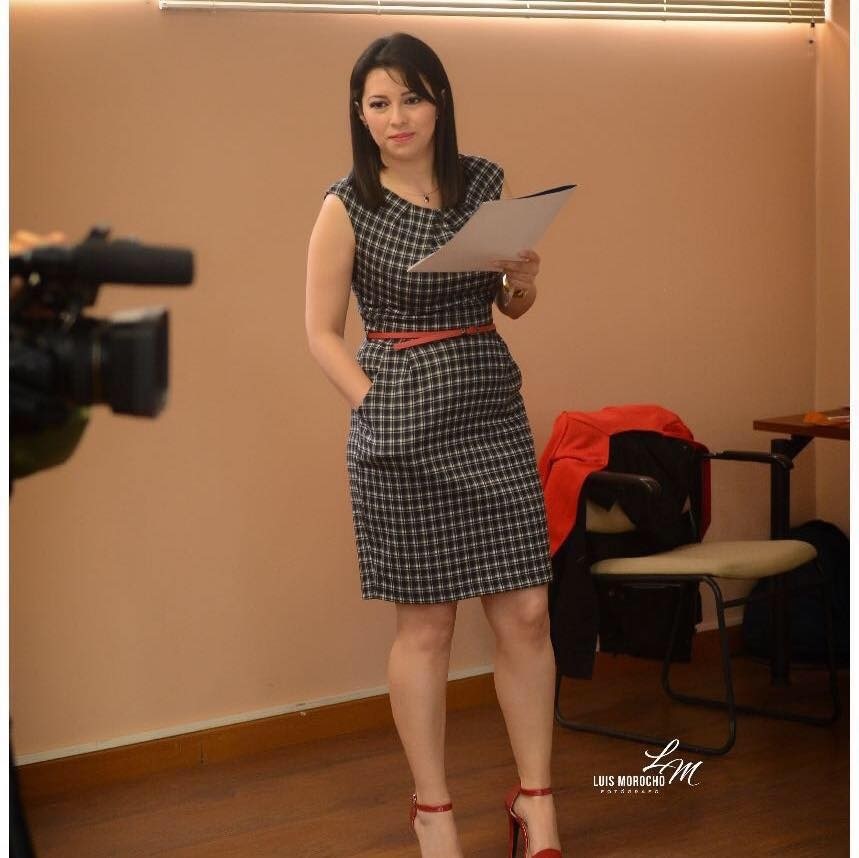
Ph.D. in Engineering Sciences with a specialization in Biochemical Engineering from the Pontificia Universidad Católica de Valparaíso, Chile. She holds a diploma in Treatment and Management of Mining Liabilities from Metallic and Non-Metallic Mining from the Universidad Andrés Bello, Chile, and another in Biomining from the Universidad Católica del Norte, Chile. She is a Chemical Engineer from the Universidad Técnica Particular de Loja (UTPL), where she has been a university professor for 15 years. She is the Director of the Research Group on Materials and Environment (GIMA) and a reviewer for Frontiers journal, among others. Her specialization focuses on bioprocesses applied to mining and the environment.
Fausto López (UTPL)
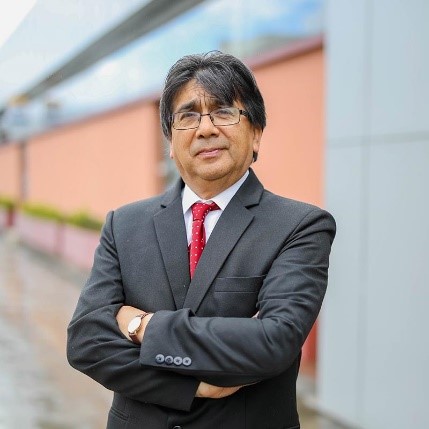
Professor at the Universidad Técnica Particular de Loja (UTPL) holds a Master's degree in Conservation and Management of the Natural Environment and a Ph.D. in Marine Management and Conservation from the Universidad de Cádiz. He is currently the Director of the Master's program in Renewable Natural Resources and coordinates the Research Group on Governance, Biodiversity, and Protected Areas. His projects and research focus on protected areas and fragile ecosystems such as mangroves and páramos, topics on which he has several scientific and outreach publications. He teaches courses on Protected Areas and Project Management at both undergraduate and graduate levels.
Xavier Cornejo (UG)
.jpg)
Biologist and Botanist has been a collector and associate curator at the GUAY Herbarium of the University of Guayaquil (UG) He has participated as a scientific advisor and author of several families in the Red Book of Endemic Plants of Ecuador (2011), author of the taxonomic treatments of the Proteaceae and Nymphaceae, published by the University of Gothenburg in Sweden in the Flora of Ecuador series. He is co-author of the book Flora of the Garúa Forest (trees and epiphytes) of the Loma Alta commune, Chongón-Colonche mountain range, Guayas province, Ecuador (2004), additionally, she is a honorary member of the Department of Botany at the University of Wisconsin, Madison, USA. From 2007 to 2012, he was an assistant curator at the NY Herbarium of the New York Botanical Garden. He has completed a Master's degree in Natural Resource Management, since 2014 has a professor at the Faculty of Natural Sciences at Universidad de Guayaquil.
2. Student and Awards Committee
Coordinates the competitions for the best student presentations in their different modalities and collaborates with the local committee to generate student activities.
In charge: Eneas Konzen (SCB-LACA)
Enéas Ricardo Konzen (SCB-LACA)
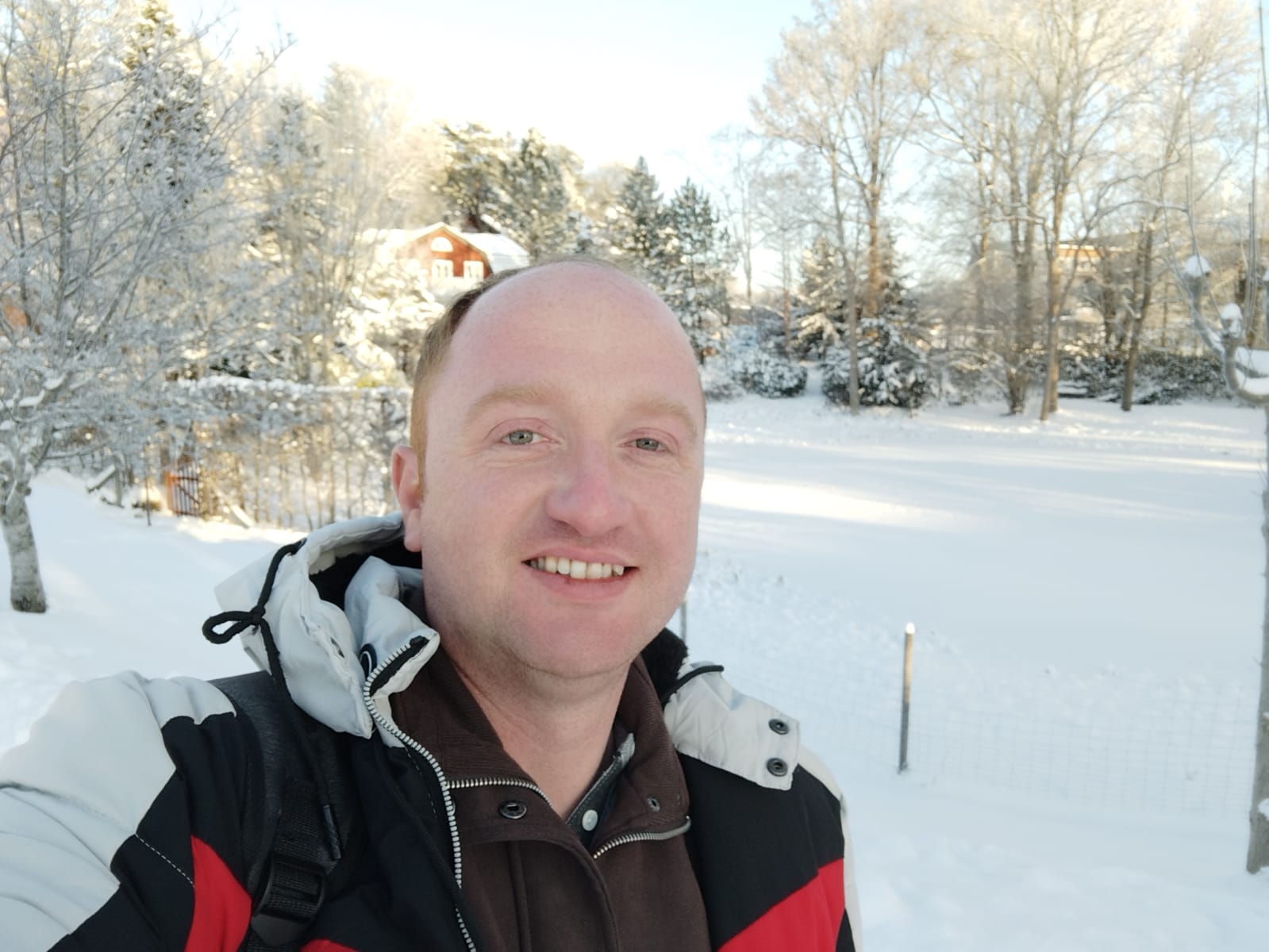
Professor of genetics and statistics at Universidade Federal do Rio Grande do Sul, Centro de Estudos Costeiros, Limnológicos e Marinhos (CECLIMAR/UFRGS). Doctor of Sciences. Current director of Membership and Nominations in the LACA/SCB board. Main research interests: genetic conservation of endangered coastal plants and genetic education.
Roberto Ulloa (CI-Ecuador)
3. Diversity Inclusion and Gender Committee
Works on initiatives to represent diversity, inclusion and gender in the local context and helps generate an inclusive and safe environment for participants.
In charge: Camila Montesdeoca (PUCE); Fernanda Checa (PUCE)
4. Communication Committee
Develops all communication for members and news, as well as organizes the content that will be presented about the congress in a way that publicizes the event, connects attendees and can connect with the community related to the conference
In charge: Eric Ramírez (SCB-LACA), Mayra Romero (WCS-Ecuador); Camila Montesdeoca (PUCE); Amalia Bravo (SCB-LACA)
5. Scholarship Committee
Works with the local committee and it is responsible for supervising travel scholarships, preparing the call, the reviewing process, and winner selection.
In charge: Alejandra Robledo (USFQ); Tarsicio Granizo (WWF-Ecuador)
6. Planning Committee
Specific for people living in Quito or the region, ensures that the conference incorporates local culture into the program, identifies the different activities that could be carried out and compiles local information for attendees, generates ideas of entertainment and education for the opening and closing ceremonies in a way that represents the local culture, is responsible for identifying and selecting volunteers who can help coordinate local logistics.
In charge: Fernanda Checa (PUCE); Andrés Merino (PUCE); Camila Montesdeoca (PUCE); Estefanía Sánchez Flores (SCB-LACA)